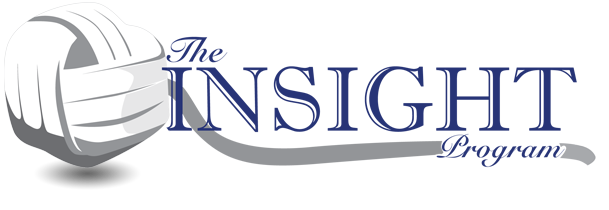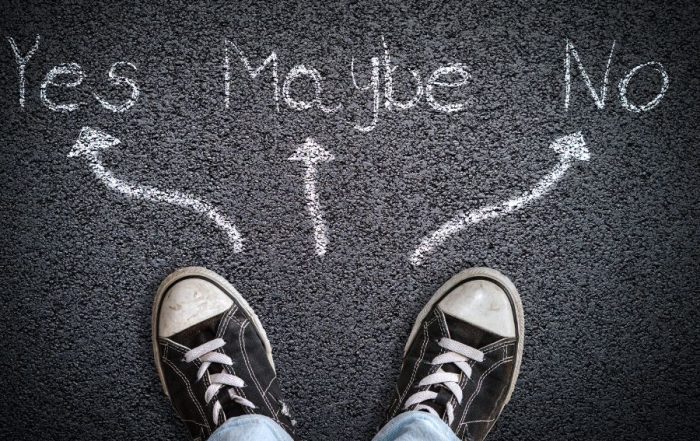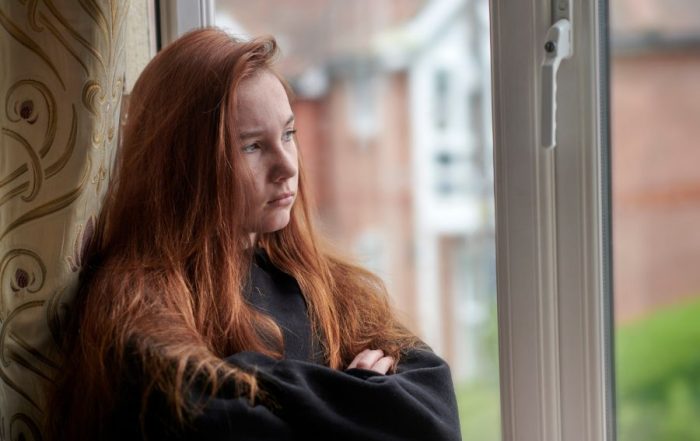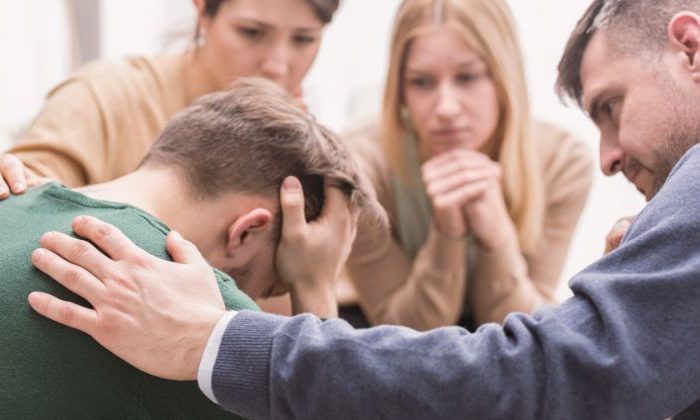Can You Do the 12 Steps Without a Sponsor?
If you’re new to the 12-step approach to addiction recovery, you’ve inevitably heard talk about sponsorship. It can also be an intimidating step to take the step of asking someone to sponsor you, leading to one of the very common questions about sponsorship – is it even possible to do the 12 steps without a sponsor?
Formal 12-step sponsorship is strongly advised to work through the 12-steps. In some cases, counselors, therapists, or religious mentors can fill the role of a 12 step sponsor adequately, but this is not common. Additionally, we do not advise trying to go through the steps on your own.
The key distinction here is that in order to reap the benefits of the 12 steps, we need someone else to guide us.
We’ll explore the reasons for this further into the article. Whoever we choose, that person should be someone objective who has experience with the specific problem you’re trying to solve.
Is working the 12 steps without a sponsor a good idea?
In general, getting a 12 step sponsor that you can call, rely on, and work with directly is the best idea. In fact, it would be extremely rare for us to suggest anything else. People who struggle with this question are often struggling with fear of committing to their recovery or the fear of asking someone to sponsor them.
Rather than attempting to reinvent the wheel by forgoing sponsorship, it’s a far better idea to walk through those fears and just get a sponsor. In fact, those are the very types of fears that sponsors and friends in recovery can help us work through, once we’ve taken the step to make the initial connection! It’s also one of the most surefire ways to ensure that relapse isn’t a part of your recovery.
Can I go through the 12 steps with a counselor, therapist, or religious mentor?
There are very rare cases where not getting a sponsor may be appropriate. These would generally be cases where there is no meeting in your town, or the closest sponsor would be too far away or is unreachable.
In this rare case, it can make sense to take an approach that worked for a lot of early Alcoholics Anonymous members and seek out a trusted counselor, religious leader, or therapist in your life.
If you go this approach, we want to make sure who has:
- A good working knowledge of the 12 steps
- A good working knowledge of the specific substance use disorder(s) you’re trying to solve
- Enough time in their schedule to work with you multiple times per week in the beginning
Can I go through the steps without any sponsor or mentor at all?
Many newer members of any 12 step program attempt to try working through the 12 steps by themselves. This is especially common during the pink cloud phase of recovery, before our emotions have really caught up with us. This is certainly easier than having to go to a complete stranger and asking them to help with a very vulnerable and scary moment in their lives.
While the hesitation to seek a sponsor is completely understandable, it is almost always better to just get a sponsor, and it’s extremely rare that there are simply no available sponsors in your area.
Therefore, the more common variation of this question is to wonder if it’s possible to go through the steps without any outside help, even if 12-step sponsorship is available locally.
If this is the case, then avoiding getting a sponsorship is likely more a problem of unaddressed fears of committing to recovery (a very tough proposition) or fear of stepping out there to simply ask.
Why trying to work the steps by yourself is generally a bad idea
We do not believe this is a good idea for a number of reasons, but chief among them is the old adage, “we can’t fix broken thinking with broken thinking.”
In other words, 12-step recovery is all about learning to take suggestions from others. It’s astounding how many times over the years our sponsors have provided us with a suggestion we simply wouldn’t have come up with on our own.
This is the key feature of surrender in recovery: we stop trying to do things our own way, and submit to another way. In order to get the “other way,” we’ve got to involve someone else – someone who has better answers than we do!
Why do I need a sponsor to work the 12 steps?
Even before the 12 steps were formalized, some early form of sponsorship was in existence. In fact, it was these relationships that were formed around the basis of living a sober lifestyle that lead to the 12 steps becoming formalized and written down.
In today’s world, we’re often going through formal treatment programs where we’re given suggestions through the process, even during the aftercare process. However, when we’re truly back in our lives, we are no longer getting good suggestions and feedback by default – we need to invite sponsors and trusted friends into our lives.
The steps were designed to be worked with another member of the program and our experience shows that anyone attempting to receive the benefits that the 12 steps promise by themselves will have very little success.
This same experience is even talked about within the Alcoholics Anonymous book, in the sixth chapter, Into Action:
“[regarding discussing our moral inventories with another person]… This is perhaps difficult—especially discussing our defects with another person. We think we have done well enough in admitting these things to ourselves. There is doubt about that. In actual practice, we usually find a solitary self-appraisal insufficient.”
Why did the first AA’s find this insufficient?
“The best reason first: If we skip this vital step, we may not overcome drinking.”
How do I pick a good sponsor?
We’ve written elsewhere about how long it takes to feel better without drugs and alcohol, and as we called out in that article, the length of time is often very dependent on how willing the recovering person is to take action towards their goal.
So, how does one go about getting a competent sponsor? In the 12-step world, one can find an extremely diverse array of opinions regarding what constitutes a good sponsor, and it’s common to hear guidelines about length of time sober, age, gender, and numerous other factors.
This can sometimes lead to a sort of “analysis paralysis” that can really hold someone back from beginning to work the steps.
For this reason, the simple advice we give newcomers is to pick a sponsor who “has what you want.” Ask yourself:
- Is this person as happy as you want to be?
- Do you feel that this person is honest, and communicates in a way that makes sense to you?
- Have they experienced the kind of success in recovery that you envision for yourself?
Regarding time sober and other guidelines, note that they are just that: guidelines. It is our belief that as long someone has gone through the step they are taking their sponsee through then they are qualified enough to do it. Many times, this is as good for the sponsee as it is for the sponsor.
There are a multitude of newer members of 12 step programs that have a much better success connecting with newly sober members because of their closeness in proximity of time to their sobriety date. For many newcomers, this removes some intimidation that they might feel towards members that have years and years of sobriety.
Asking someone to sponsor you
Actually getting the sponsor is usually just a simple matter of asking the person. Folks in 12-step groups are used to this kind of question and they’ve all been in the same position as you when they were new – there’s no reason to feel intimidated.
We often hear newcomers say that getting a sponsor can be as nerve-racking as asking someone on a date. If this describes you, relax and walk through your fear. Remember the Big Book quote, “love and tolerance is our code.” Nobody is going to judge you or react harshly if you ask them to sponsor you.
Most of the time the person will agree. If they are simply too busy, they’ll usually just tell you and refer you to someone else who would be a good fit.
Regardless, once you’ve stepped over this hurdle, you’ve taken a vital step toward freedom and done something healthy and good for your recovery. You’ve taken a huge step towards fully committing to your new, sober lifestyle.
From here, your new sponsor will likely discuss meeting times and you can work out your schedules from there.







